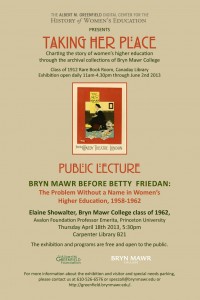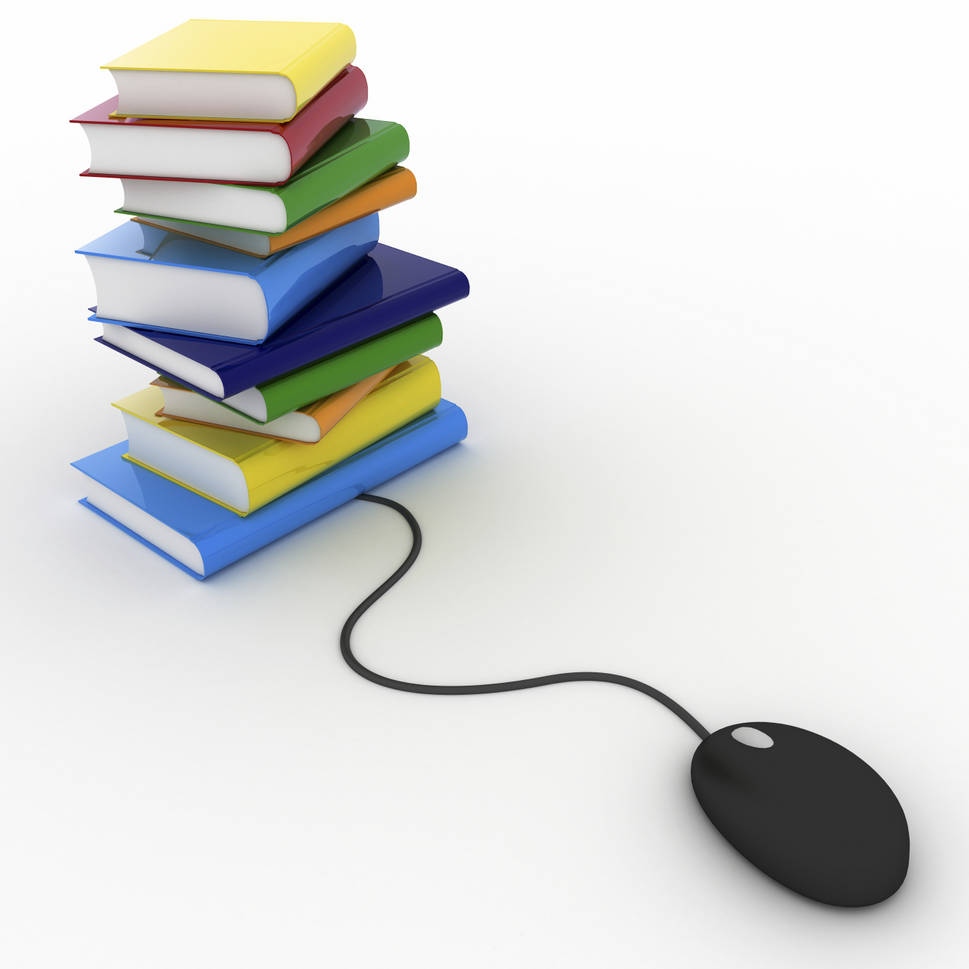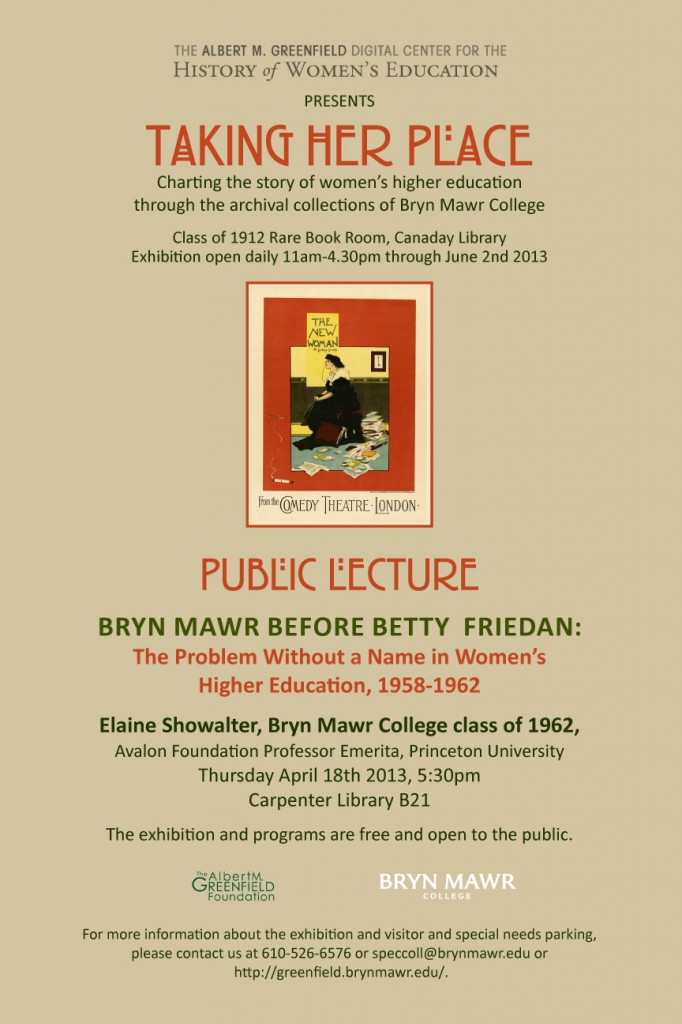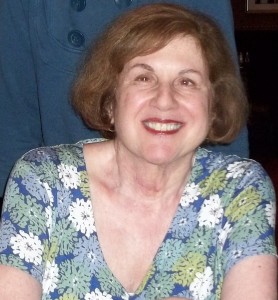In this guest post by Lianna Reed ’14, you can learn more about the digitization of the oral history collection held by the Special Collections department of Bryn Mawr College. As part of its work, The Albert M. Greenfield Digital Center for the History of Women’s Education is converting the audio tapes into digital files which will eventually be hosted on the Tri-College digital repository site, Triptych.
Previously, student worker Isabella Barnstein worked on the project and wrote about her experiences. We are further along with the work now and finding out more and more about alums from the past. Some of the material has been used in our Taking Her Place exhibition which can be linked to by scanning QR codes on certain labels. These include the 1935 radio broadcast by M. Carey Thomas and interviews with faculty, staff and students in the past (you can find them by clicking this link to our site). The exhibition runs until June 2nd and after this it will be made available as a digital exhibit on our site so make sure to visit the digital exhibitions section of the site ….
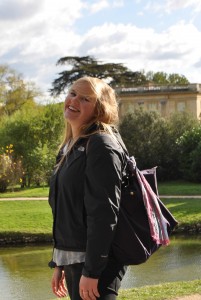
Guest blogger and Special Collections student worker, Lianna Reed ’14.
I have been working on the oral history project with The Albert M. Greenfield Digital Center for the History of Women’s Education for three months and not only have I learned how to digitize cassette tapes to mp3 files but I have also been absorbed into the lives of Bryn Mawr women from ten, twenty even eighty years ago. I’m not a history major or English major, in fact my academic work doesn’t usually relate to my work with Special Collections. I actually appreciate this difference because working here is a release from my academic life as a double major in Political Science and French. I get to come to work and listen to alumnae talk about their time as students in the 1940s, sneaking out of the dorms past curfew (10pm) and going to the cemetery down the road. I become immersed in the details of women who became renowned archaeologists, politicians, activists, tutors, and the list goes on and on. Oral histories are an interesting form of history because they involve someone else, usually the interviewer, prompting the interviewee to respond to certain questions. However with Bryn Mawr women, these questions are often disregarded as the women believe that they themselves aren’t interesting. I have heard so many women say “Oh, you don’t want to hear about that. It isn’t interesting.” Actually, most things are interesting, especially anecdotal commentary. Even when the women describe how challenging Bryn Mawr was and their feelings about not using the degree, prompting them to feel unworthy of their degree, it is interesting and valuable for the history archives and also for those of us that are soon to be graduates.
My first oral history was my most memorable. Fleta Blocker was a bell maid in Radnor who came to Bryn Mawr as a teenager on the recommendation of her sisters. Too young to work she was put on staff for a trial year before she was hired permanently. Fleta would end up working for forty years at Bryn Mawr College. Honored as one of the longest serving employees at Bryn Mawr, Fleta wasn’t just a bell maid, she was a friend and a student herself at Bryn Mawr. Fleta saw more change and development at Bryn Mawr than anyone else. But what does it means for Bryn Mawr’s Special Collections digital archives to have Fleta’s interview? Who will listen to her tell her story? Who will understand what it meant to her and, of course, the students, to have her there in the dorm? While Fleta’s interview is linked on the website of The Albert M. Greenfield Digital Center for the History of Women’s Education and featured in the Taking Her Place exhibition and we can track who listens and in what language, we can’t always know how they might understand Fleta’s time at Bryn Mawr in the college’s history. Maybe oral histories are like podcasts and while you can’t force anyone to listen to them, they are an integral piece of history that is accessible, not just for the Bryn Mawr community but for the community of women’s education around the world. Faculty are always celebrated for their accomplishments and their connections with publically accomplished students, but what about the other people who supported and encouraged students to become the people they are remembered to be?
What does working on this project mean for me? As I said I am not a historian but I am interested in people’s stories. I am interested in doing research in sub-Saharan Africa on the effects of transitional and restorative justice. Oral histories are one of the most important forms of archival material that we have as humans. Oral tradition is the way we know and remember songs, family history, and recipes we love to cook. Oral history and oral tradition help to clarify the ways in which restorative justice has impacted the lives of many. For example, the gacaca courts in Rwanda are an oral tradition that are both a method of enacting justice and also a form of history as the plaintiffs, witnesses and criminals participate in an open dialogue. These histories are invaluable to the success and development of Rwanda in the present day. I hope that after having listened to hundreds of different interviews from people reluctant to talk and people more than enthusiastic at Bryn Mawr I will be prepared for whatever might come my way in the field. When I am out in the field I can gather information necessary to create a dialogue, not only amongst those I am interviewing but also with the wider international community producing a discourse that gathers many people’s individual stories, much like the archives at Special Collections at Bryn Mawr College.
 CFP: Issue 7 of the Journal of the Text Encoding Initiative
CFP: Issue 7 of the Journal of the Text Encoding Initiative


